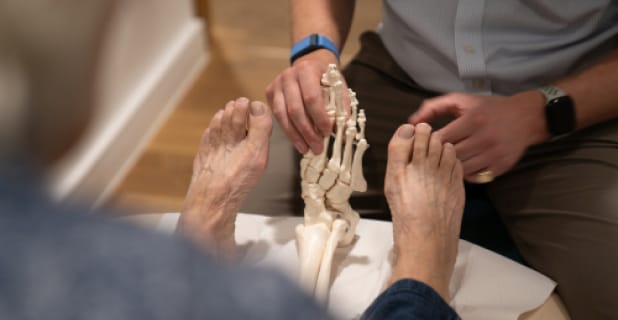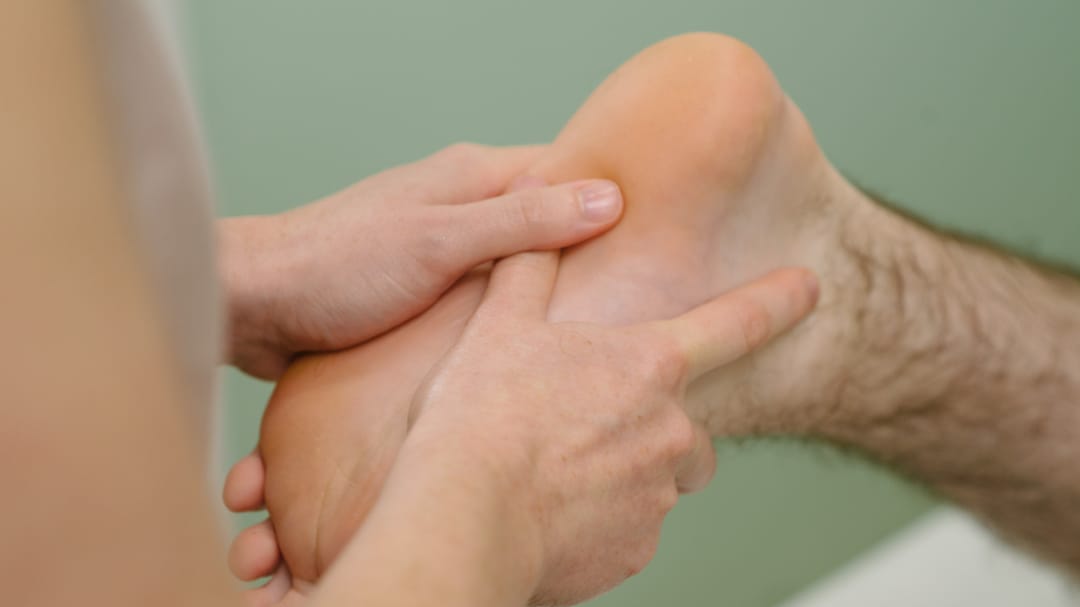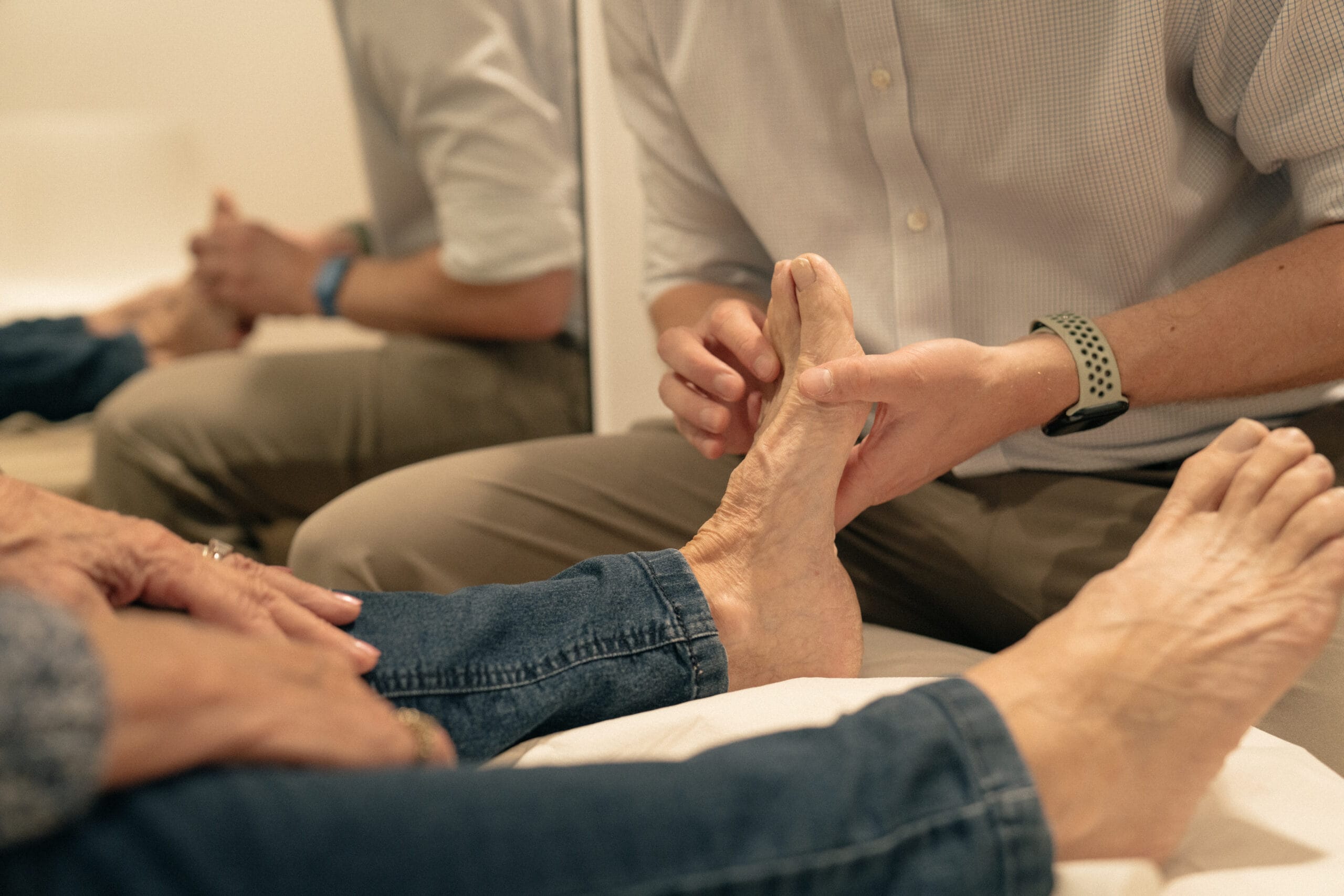Does Time Heal All Heels?

Pure Sports Medicine
- 17 October, 2017
- Podiatry
- 2 min read
Does Time Heal All Heels?

One in ten people will suffer from heel pain in their lifetime.
Generally speaking, the condition is self-limiting, meaning it will get better over time. The natural course is sometimes helped along by a simple change in footwear and modification of activities for a short period.
The origin of the heel pain can be from a number of different structures, involving muscle, tendon, bone or nerve. In a small number of cases, the heel pain can persist and can take as long as a year to fully settle, sometimes longer.
One of the most common causes of heel pain is plantar fasciitis or plantar heel pain. This is essentially a muscle and tendon problem which is brought on by biomechanical overload. Some of the main causes are high BMI/being overweight, a sudden change in routine, footwear, calf muscle tightness or weakness, ankle stiffness and big toe stiffness.
Plantar heel pain is one of the more common conditions treated by a physiotherapist. They would usually prescribe footwear advice, stretches and some strengthening exercises for the calf and other related muscles higher up the leg. This is usually effective in up to 90% of cases.
Of the other 10%, evidence has shown that if physiotherapy treatment is taken up again, it can further improve people with more stubborn pain.
If the heel pain persists, or if at any point the symptoms don’t quite fit, your physiotherapist will explore other causes to provide more clarity and better guide treatment going forward. Further investigation is usually in the way of a USS and or MRI. From there, the scan will hopefully provide reassurance and more information on whether additional treatments may be of use, i.e. CSI, Shockwave therapy, or referral to a Podiatrist or foot and ankle surgeon.
At PSM, we have the perfect environment to treat and manage heel pain. Using multiple members of our MDT made up of soft tissue therapists, physiotherapists, Podiatrists, and strength and conditioning coaches, we’ll work as an integral part of your rehabilitation.
If the pain has been with you a while and continues to limit your function, we have in-house sports doctors who can provide expert assessment, carry out imaging in the way of USS or refer you for an MRI scan. We also have great relationships with top foot and ankle surgeons in the area should your heel pain require their opinion.
If you’re interested in seeing one of our team members regarding ankle pain, please get in touch.

Advice
Over the last 20+ years our experts have helped more than 100,000 patients, but we don’t stop there. We also like to share our knowledge and insight to help people lead healthier lives, and here you will find our extensive library of advice on a variety of topics to help you do the same.
OUR ADVICE HUBS See all Advice Hubs
